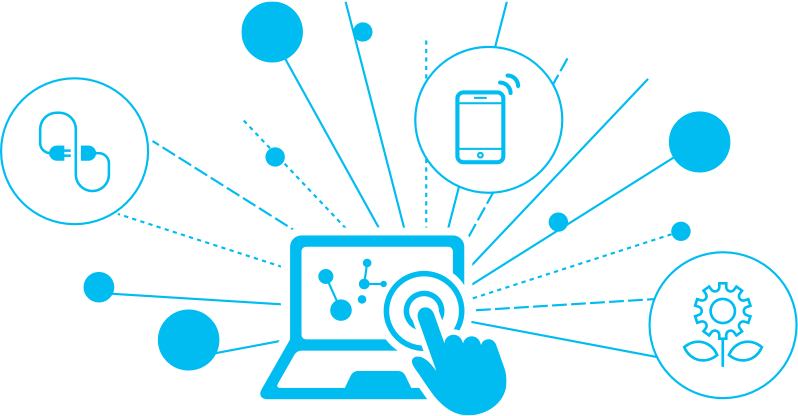
A BIG CHALLENGE FOR BIG IDEAS WITH BIG DATA
People today produce a huge amount of data. As we go about our daily lives, we use electronic devices, purchase goods, communicate with each other and consume content, all generating a growing ocean of data. This data, when aggregated and anonymized to protect privacy, is an up-to-date footprint of our collective behavior and choices. It can tell us how, where, and why people take specific actions in the face of a rapidly changing world.
UN Global Pulse invited data scientists, researchers, and innovators to dive into this treasure trove of information, and help address one of the biggest challenges facing us today — climate change.
This Challenge gave selected individuals and teams unprecedented access to national, regional, and global datasets from companies — anonymized to protect privacy — as well as robust analytical tools.
Data for Climate Action was enabled by “data philanthropy,” a global movement whereby companies share their data for the public good.
TIMELINE
CHALLENGE THEMES
The Challenge was organized around three major themes, which align with climate action and global development priorities.
Climate Mitigation
Energy
- Example Project: As energy efficiency increases or the mix of energy sources shifts, comments in social media may reflect these changes. Researchers participating in the Challenge could examine perceptions of energy cost, access, and quality stated publicly through social media.
Transportation
- Example Project: Researchers participating in the Challenge could analyze mobility patterns to reveal how to optimize public transit so that it better serves congested areas and reaches communities in need that may currently be unconnected.
Climate Adaptation
Agriculture & Food Security
- Example Project: Researchers could assess the impacts of extreme temperatures on crops, by examining data from weather sensors together with publicly available data.
Community Resilience
- Example Project: Researchers could examine how movement patterns in communities shift before, during, and after a certain climate shock (such as a drought, hurricane, or flooding). This information could help to understand the infrastructural impacts of the shock and to target relief efforts.
Climate & Other Sustainable Development Goals
No Poverty (SDG #1)
- Example Project: Examining how mobility patterns in different districts shift before, during, and after extreme weather events could reveal the differential impacts of disasters on communities with low and high average incomes.
Good Health & Wellbeing (SDG #3)
- Example Project: 1) Air quality measurements and 2) reports of respiratory health problems, as expressed on social media, could be related to either data or social media commentary regarding the deployment of renewable energy.
Reduced Inequalities (SDG #10)
- Example Project: Retail or financial data could be used to reveal how different segments of society prepare for and recover from climate shocks, and could reveal differences in how they are impacted in the long term.
Learn more about the Sustainable Development Goals.

